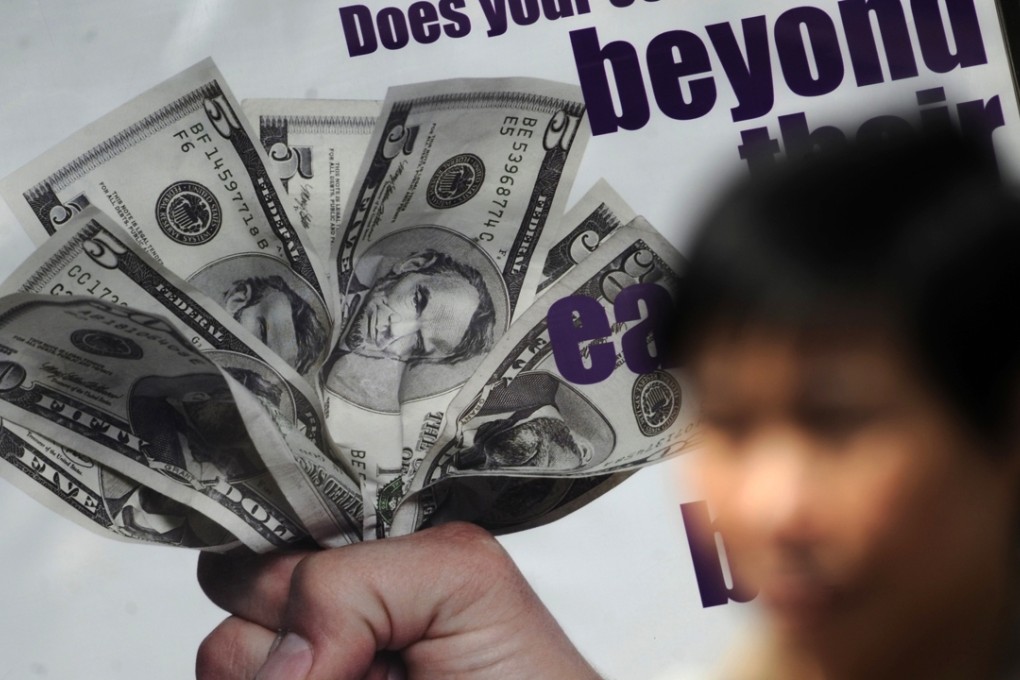Analysis | US rate hike: How will it affect Hong Kong banks?

What’s another month – or 12 – for near-zero interest rates? Banks in Hong Kong must be asking the question on the eve of what is expected to be the US Federal Reserve’s first move in close to a decade to bring the world back to normal borrowing costs.
One early warning sign for banks is the patchy outlook equity strategists have on Hong Kong’s stock market, which is dominated by local lenders and real estate developers.
“We see Hong Kong as the most vulnerable in the region, essentially because of the way the Hang Seng Index is structured,” said Frank Benzimra, head of Asia equity strategy at Societe Generale.
About 25 per cent of the Hang Seng Index is composed of local banks and property developers, the firms most sensitive to a higher cost of borrowing. Financial firms comprise about 73 per cent of the Hang Seng China Enterprises Index (HSCEI), and banks 41 per cent – one reason why Societe Generale says it is short on it.
READ MORE: Hong Kong financial secretary says likely US interest rate rise is city’s top economic concern
Taiwan’s equity market, by comparison, is about 50 per cent technology firms, which are more closely in step with demand from the United States. That connection between markets and economic cycles will lessen the blow from higher rates.
Hong Kong’s economic gait, however, is not in sync with the United States’.
